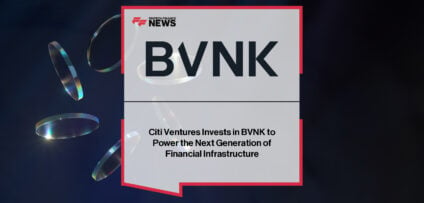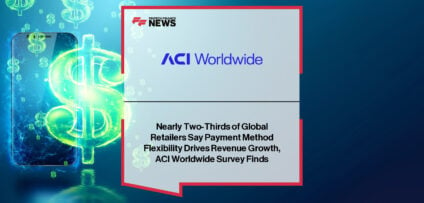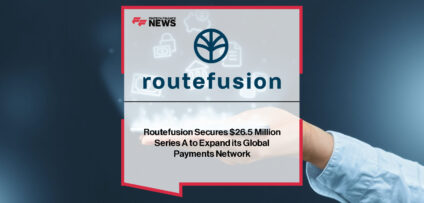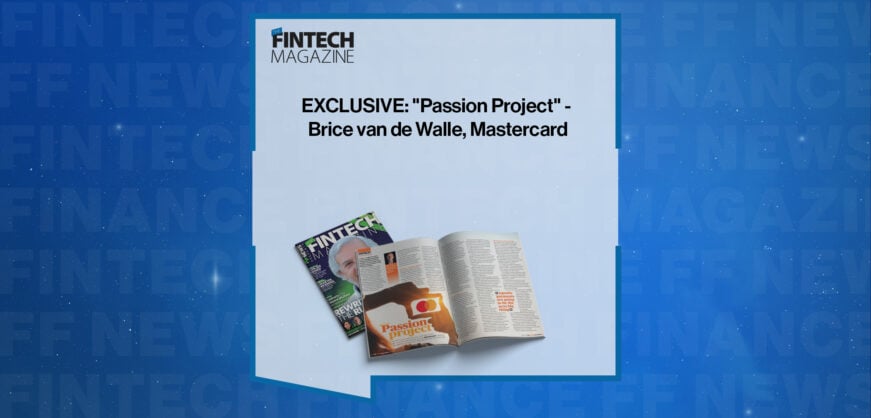Breaking News

Adapt to Robots, Don’t Tax Them
In a recent interview, Microsoft founder Bill Gates suggested that robots should be taxed to help humans keep their jobs. Now it may be that the statement was a publicity stunt aimed at surfacing the societal and economic issues associated with automation – and so, then it certainly garnered some reaction. But if it’s a genuine suggestion, then it’s not only unenforceable but truly misguided.
It’s clear that as the pace of innovation and adoption in robotics, automation and AI accelerates, there are a number of macroeconomic and social issues for policy makers to wrestle with. Whether the implementation of a Universal Basic Income – as trialled in Finland, legal liability for autonomous machines – as debated by the EU, or the need for change in our education systems, the world must adapt.
Counterproductive and unenforceable automation and AI accelerates
But while there is no doubt there will be an impact, to implement a tax on the technology that replaces human labour would counterproductive, limiting innovation and stifling enhancements to improved efficiency. Technology has always sought to reduce human effort from achieving an outcome – whether it’s a production line robot, an automation technology or even Microsoft’s own productivity tools. To levy a tax on the innovators is not just a bad idea, it’s plain stupid! And of course, unless one can very clearly highlight the difference between technology that replaces humans, and technology that assists them, any taxation regime would struggle to be enforceable.
Misguided Luddite of Automation
Another of Bill’s rationale for robot taxation was as a way to slow down the rate of automation. Wow. He actually said that. In 19th Century England, Luddites – fearful of the impact of technology on the role of the workforce – destroyed machinery and burned factories. The term has become synonymous with those who fear technology and wish to stifle innovation and limit change. Who’d have thought that the co-founder of what became the world largest software company would be among their number.
Written by Terry Walby Thoughtonomy CEO
- EXCLUSIVE: “Passion Project” – Brice van de Walle, Mastercard in ‘The Fintech Magazine’ Read more
- FreedomPay Drives Global Merchant Innovation Read more
- FIS Brings AI-Powered Advancements to Seamless, Personalized Digital Banking Experiences Read more
- Citi Ventures Invests in BVNK to Power the Next Generation of Financial Infrastructure Read more
- Nearly Two-Thirds of Global Retailers Say Payment Method Flexibility Drives Revenue Growth, ACI Worldwide Survey Finds Read more













